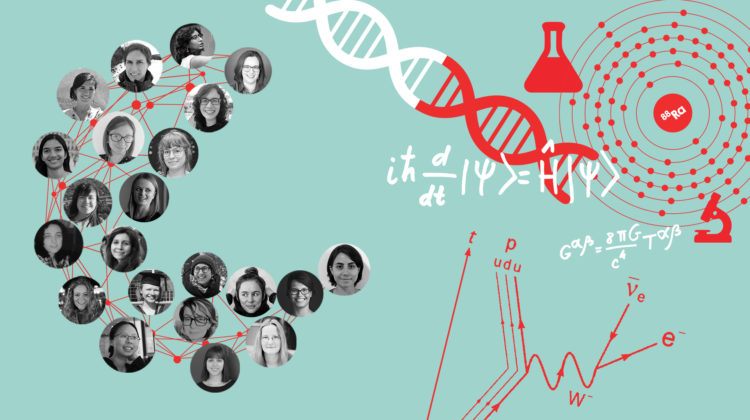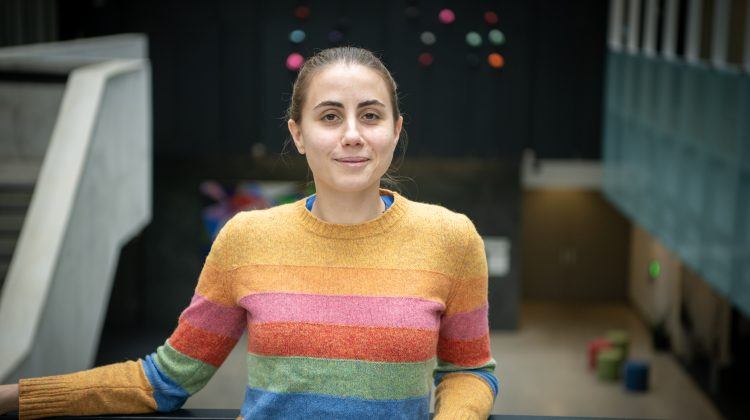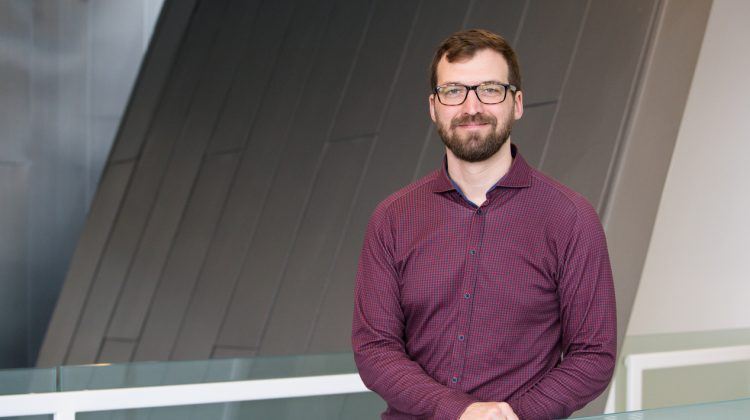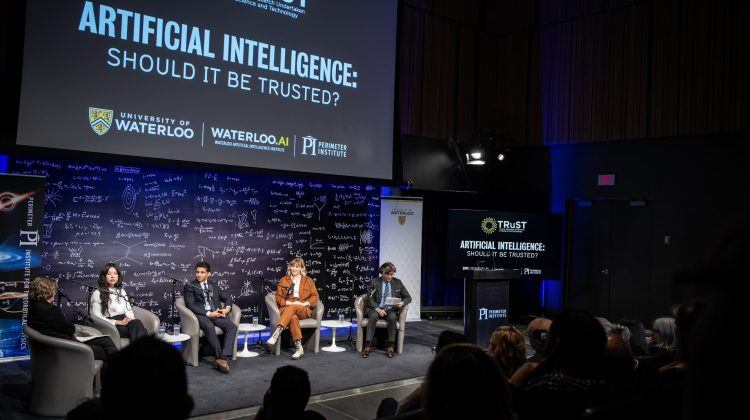Why we have not discovered dark matter: A theorist’s apology | Public Lecture

A preponderance of astronomical evidence suggests that the galaxy is filled with dark matter. Despite knowing remarkably little about what this dark matter is, we expect that it is not composed of ordinary matter. Though we have spent 30 years expecting that it may be related to pressing open problems in fundamental physics, a heroic experimental program has shown that dark matter is even more elusive than we had initially imagined.
On February 28, University of California Riverside faculty member Flip Tanedo will discuss how we got things so wrong, why we can be optimistic about the future, and what it means to “do physics” on something where the only thing we really know is that it probably exists.
A live stream is available on our YouTube channel.
Flip Tanedo spends his time thinking about dark matter. He grew up in Los Angeles and fell in love with physics after reading The Physics of Star Trek. This carried into degrees in mathematics and physics at Stanford, Cambridge, Durham, and a Ph.D at Cornell. After a postdoc at UC Irvine, he is currently faculty at UC Riverside where he is often covered in a layer of chalk dust.

























































































